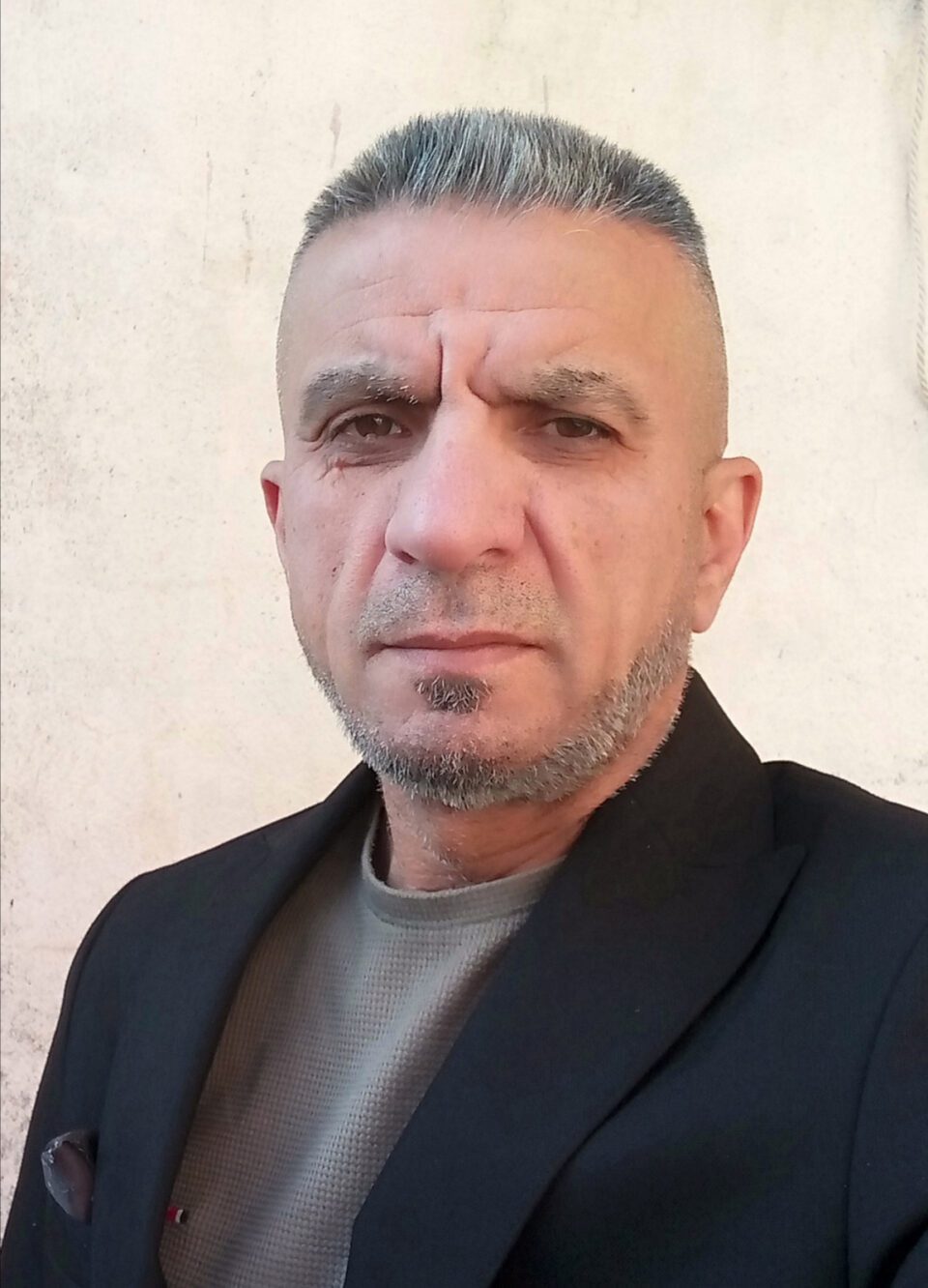By Saadula Aqrawi
I believe that when Donald Trump became the 45th president of the United States in January 2017, his “America First” foreign policy and his distinct approach to international relations had significant implications for the Middle East. While the U.S. has long been a key player in the political dynamics of Iraq and the Kurdistan Region, Trump’s presidency introduced both shifts in U.S. engagement and heightened challenges for local actors. Trump’s policies, characterized by unpredictability, transactional diplomacy, and an emphasis on withdrawing from costly foreign entanglements, influenced U.S.-Kurdistan relations, the broader Iraqi state, and the wider Middle East.
And also I believe that during Donald Trump’s presidency (2017–2021), U.S. policy towards the Kurdistan Region of Iraq and the broader Iraqi state underwent significant developments, particularly in the context of U.S. interests in the Middle East, counterterrorism efforts, and regional geopolitics. The Trump administration largely continued U.S. support for Iraq’s territorial integrity while also engaging directly with the Kurdistan Regional Government (KRG), balancing competing interests in the region.
The Kurdistan Region, which enjoys a high degree of autonomy from Baghdad, had long been a strategic ally of the United States. The U.S. military and diplomatic support for the Kurds in Iraq dates back to the 1990s, particularly after the Gulf War, when the Kurds received protection under a U.S.-enforced no-fly zone. Trump’s policy maintained these long-standing ties while also navigating the complexities of Kurdish aspirations for greater autonomy or independence. The primary focus of U.S. support for the Kurdistan Region during the Trump administration was its critical role in the defeat of the Islamic State (ISIS). The KRG, particularly the Kurdish Peshmerga forces, played a pivotal role in the military campaign against ISIS in both Iraq and Syria. The U.S. provided training, equipment, and air support to the Peshmerga, recognizing their effectiveness on the front lines.
And the Trump administration also authorized the continued provision of military assistance to the KRG, acknowledging the significant sacrifices Kurdish forces made in the fight against ISIS. Additionally, U.S. forces were stationed in the Kurdistan Region, providing crucial coordination for operations against ISIS while avoiding direct confrontation with Iranian-backed militias that were operating in central and southern Iraq.
The U.S. continued to support the KRG diplomatically, urging dialogue between the Kurdish authorities and the central government in Baghdad. Washington viewed the preservation of Iraq’s territorial integrity as a priority, given the broader geopolitical dynamics involving Iran’s influence in Iraq and the Middle East.
I believe that one of the Trump administration’s central goals in Iraq and the broader Middle East was the containment of Iran’s growing influence, particularly through its proxy militias. The U.S. continued to support the Iraqi government’s efforts to combat ISIS, but Washington also worked to limit the power of Iran-backed militia groups, which were often aligned with the Iraqi government but posed a threat to U.S. interests in the region.

